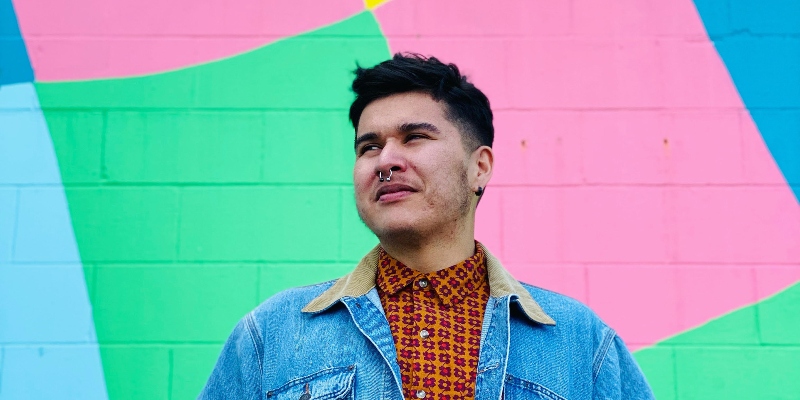Possibility isn’t just a felt absence. It is a zone of living that some are barred from as a result of the exclusionary logics of racism and heteronormativity. To see one’s own life as a possible life is a kind of fortune, a small miracle even. As a closeted teen in rural northern Alberta, I struggled to imagine a future in which both my queerness and indigeneity were given full expression. In a way, this ambivalence toward time turned me into a ghost. I haunted my own adolescence. My sense of self was imbued with melancholy; the future was an impossible object I was nonetheless bound to.
Perhaps, then, it makes sociological sense that the queer literary figures of my adolescence were complicated inventions imbued with a range of human emotions. The repressed sexual milieu that Jack and Ennis navigate in Annie Proulx’s Brokeback Mountain felt dizzyingly familiar; Proulx’s tale of a fragmented gay love affair that ultimately couldn’t breach the constraints of inherited political scripts winded me.
When I first watched the film adaptation, home alone in my mother’s living room, I turned the TV off at its close and laid in my bed overcome with anxiety. I ached to be seen the way Jack and Ennis were able to see each other, if only for brief moments. Even a brief moment seemed like enough. All I wanted was to become what I touched. Tragedy befalls the men, yes, but the film and later the short story incited in me a determination to act on my longings. I didn’t want to be doomed to self-alienation or to become a little catastrophe unto myself.
Another book in this aesthetic vein is Christopher Isherwood’s A Single Man, and it’s about the way grief can become a modality of existence rather than a stage one passes through. George, the protagonist, loses his partner and has to figure out how to stay attached to the world. Its first line is a kind of mantra I’ve carried with me: “Waking up begins with saying am and now.”
I first read A Single Man in my undergrad; I had just come out the semester before and turned to queer literature to bring myself into being. These works both hinge on death and despair, but they also outline the possibility of a queer life freed from them. I slid into that outline because I knew it would save me.
Ultimately, however, the gay literary canon is a largely white one. I had to take what I could from these works while also feeling at a distance from them. We, those of us who are Indigenous and queer, deserve an “am” and a “now” that are capacious and represented in literature. That is why I wrote my first book, This Wound Is a World.
It is also why I return to and teach Joshua Whitehead’s Jonny Appleseed, a novel that disrupts the canon in order to center an “Indigiqueer” protagonist whose multi-faceted identity is in no way self-compromised. It feels like a blueprint for the future of a queer Indigenous literature that melds both pain and joy, and honors our indomitability. I want a whole literature of queer Indigenous possibility.
